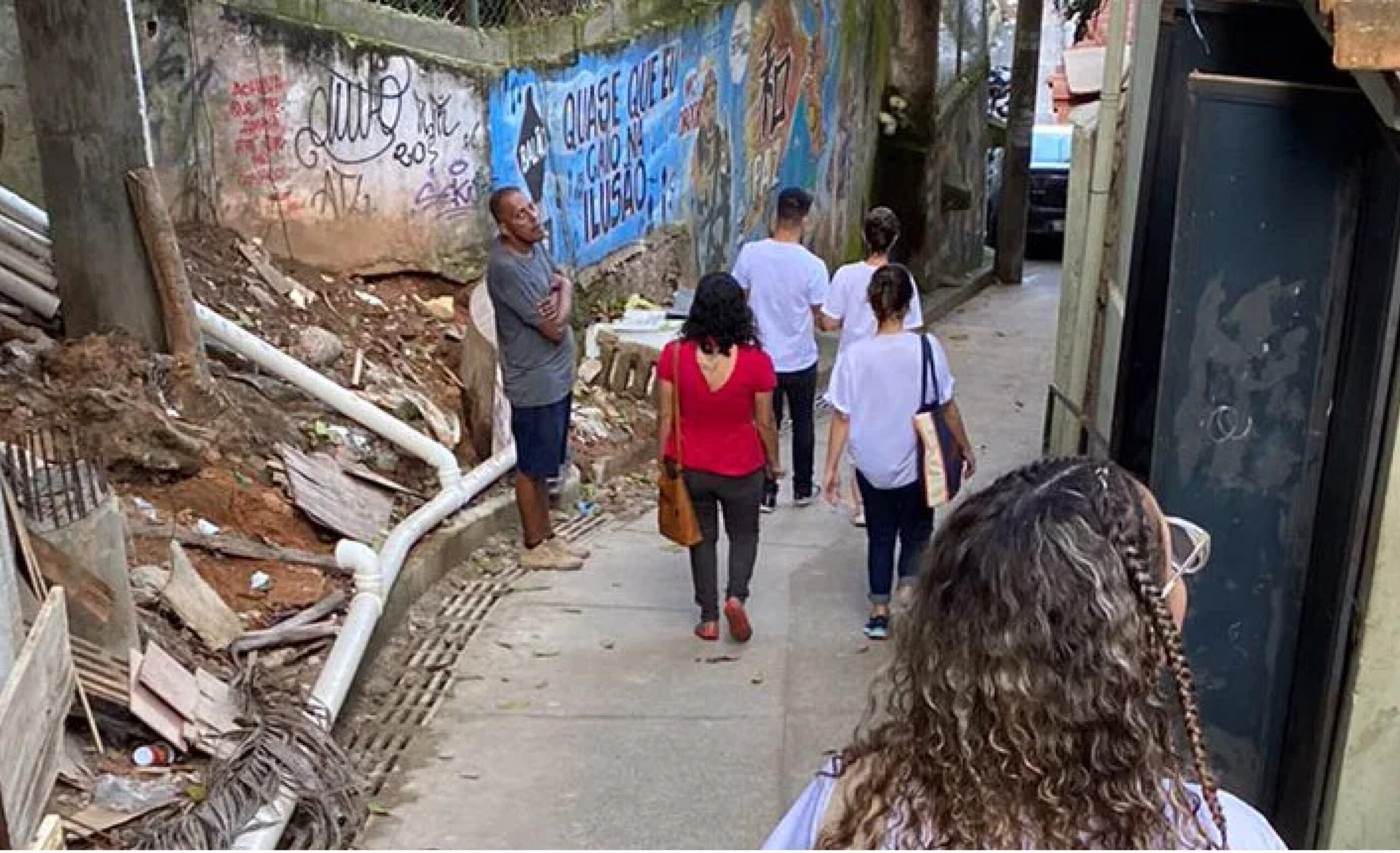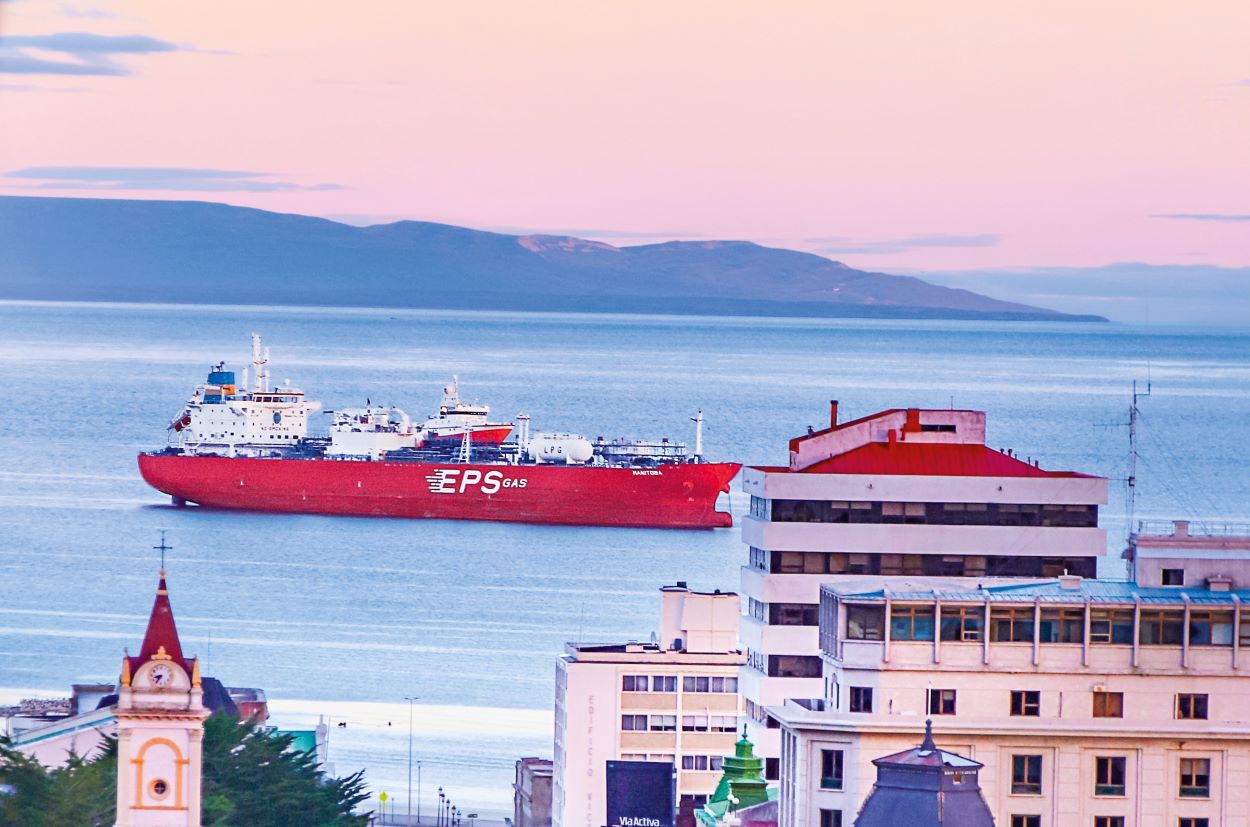Brazil Update: Oil Auctions and Port Reforms
Brazil Update: Oil Auctions and Port Reforms
The first Brazilian oil concessions in five years took place on May 14 and 15, while Congress passed a law to upgrade the country’s ports.
Updated May 17, 2013—With a year and a half remaining before the 2014 presidential elections, Brazilian President Dilma Rousseff aims to push through a number of remaining initiatives in energy and infrastructure. These include a bill to establish a new framework for managing the country’s ports and opening them to private investment, as well as the first round of oil concessions since 2008. The port legislation takes aim at the “Brazil cost,” a combination of bureaucracy, taxes, and limited infrastructure that constrains growth and competitiveness. The oil concessions, meanwhile, took place this week, with two other rounds set for later in the year. As international investors reportedly grow less excited about Brazil, the Brazilian government aims to pique the interest of global companies through energy and infrastructure concessions.
Anchors Away: Modernizing Ports
Over 90 percent of Brazil’s trade takes place in the country’s ports, which moved $482 billion in goods last year. But long waits at terminals and red tape have taken a toll on importers and exporters.
Delays, limited capacity, and high costs at Brazil’s 34 ports form part of the “Brazil cost” in infrastructure. This is especially true for commodities. Because much of the country’s agricultural products reach ports by truck, ships can spend weeks awaiting products—65 days on average. It costs around $25,000 a day for a ship to wait at Brazilian ports. While U.S. soybeans take roughly 16 days to arrive in China, Brazilian soybeans take an average of 52 days to reach the Asian country. Because of delays, several Chinese companies canceled Brazilian soy shipments altogether in March and April. Transport costs are high, and rising prices for shipping soy to Brazilian ports jumped 50 percent this year. A program implemented in April that aims to keep the country’s ports open 24 hours a day has yet to see results: several of Brazil’s largest ports in Rio de Janeiro and São Paulo states are not yet fully functional during evening hours.
And this week, Rousseff’s administration worked to push through a bill that lays the framework for the port plan.
The port reform law, called the Medida Provisória dos Portos, creates a regulatory framework for port concessions, private investment in port infrastructure, and port management. It replaces the country’s 1993 Port Law, and aims to streamline port infrastructure and reduce costs. The new law will award contracts to companies that offer the most efficiency and the lowest price per ton of cargo. Delays in passing the bill could have cost the country up to $25 billion over the next few years, infrastructure experts said.
The legislation, which was introduced as a provisionary measure, was a type of bill introduced by the executive that would have expired had Congress not approved it within 30 days. The president said getting the law passed was her “top priority,” sending advisors to lobby legislators. After two postponements, voting began in the Chamber of Deputies on May 14. The measure passed the Chamber after 41 hours of debate, and was approved by the Senate just before midnight on May 16—the cutoff date for the vote. With the law approved, port concessions are slated to take place later this year.
Going Once, Going Twice: First Oil Auctions in Five Years
On May 14 and 15, Brazil’s National Agency of Petroleum, Natural Gas, and Biofuels (ANP) offered the first oil concessions since 2008 in a $1 billion sale. This week, 64 Brazilian and international companies vied for rights to explore and produce 289 areas on both land and sea. In November, ANP will hold another round for the so-called pre-salt oil, allowing companies to bid on offshore areas with potential to hold between 50 and 100 billion barrels of oil. Another round for shale gas will take place in October. “Without foreign investment, Brazil will be unable to effectively and efficiently extract the potential oil and gas because of the size and complexity of the reserves,” said AS/COA Energy Director Christian Gómez. “These bidding rounds are extremely important in the development of Brazil’s proven reserves.”
The auction raised more than expected, raking in around $1.35 billion on the first day alone. The Foz do Amazonas basin inspired the most interest, receiving the highest bids. This mostly unexplored area—with potential for natural gas and light oil—is located in the far northeast corner of Brazil. The region borders French Guiana, where oil finds took place in 2011. This area and others along the Brazilian coast bear geological similarities to countries in the African Gulf of Guinea, since Brazil and Africa formed a single land mass millions of years ago. Oil companies hope Brazil’s northern shoreline will reap oil finds comparable to those in Ghana and Ivory Coast.
Though this round of concessions focuses on areas with little or no exploration, the first oil auction in five years holds significance for inspiring confidence, experts say. "The government has a lot riding on the auction because Brazil is not as attractive to investors as it was five years ago," Adriano Pires, head of a Rio de Janeiro-based energy research institute, told Reuters. "The question hanging over the sale is credibility.” Paulo Guilherme Coimbra, a partner at KPMG Oil and Gas, wrote in Folha de São Paulo that the new round “proves that Brazil remains on the radar of foreign companies” and marks the start of a “new promising era for the oil industry.”
Legal wrangling between numerous branches and levels of government on the country’s oil royalty law delayed the auctions until now. The contentious legislation, which Rousseff signed in March, increased the amounts of royalties given to non-producing states. However, oil-producing states Espirito Santo and Rio de Janeiro challenged the law in the Supreme Court the same month it went into effect. A justice granted an injunction, temporarily suspending the law. Congress responded by attempting to block the injunction, but the Court has yet to make a decision. The issue could be complicated further by other legislation. On May 2, Rousseff sent a bill to Congress that would require all oil royalties to be spent on education. Congress has yet to consider the bill.







